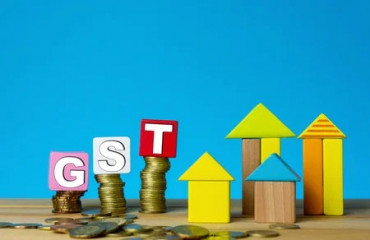
- 06 Oct 2023 05:49 PM
- New
GSTN Advisory on DRC-01C Compliance for ITC Discrepancies
Source: https://taxguru.in/goods-and-service-tax/gstn-advisory-drc-01c-compliance-itc-discrepancies.html
The Goods and Services Tax Network (GSTN) has recently issued an advisory regarding the implementation of compliance related to DRC-01C. This advisory addresses the discrepancy in Input Tax Credit (ITC) between GSTR-2B and ITC claimed in GSTR-3B, as per the new Rule 88D introduced under CGST Rule, 2017. Relevant Advisory is as follows:
Read More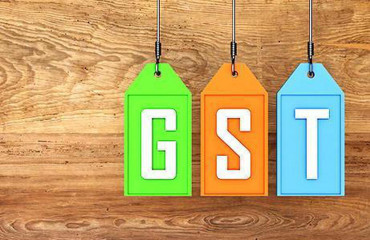
- 06 Oct 2023 05:43 PM
- New
Data recap: Auto sales, GST, Sensex Q2 returns, and more
Source: https://www.livemint.com/economy/data-recap-car-sales-gst-mop-up-sensex-returns-11696496228194.html
Every Friday, Plain Facts publishes a compilation of data-based insights, complete with easy-to-read charts, to help you delve deeper into the stories reported by Mint in the week gone by. The government collected ₹1.62 trillion in goods and services tax (GST) in the month of September, marking the fourth highest monthly collection since the inception of the tax regime. The BSE Sensex gained just 1.7% during the July-September 2023, recording its worst returns for the second quarter in four years.
Read More
- 06 Oct 2023 05:38 PM
- New
GST hiring rules may be eased
Source: https://www.livemint.com/news/india/gst-hiring-rules-may-beeased-11696526279358.html
NEW DELHI : Federal indirect tax body the Goods and Services Tax (GST) Council meeting on Saturday will consider relaxing the norms for appointing members to the planned 31 GST appellate tribunals so that these dispute redressal forums can start their work quickly, said a person informed about the development.
Read More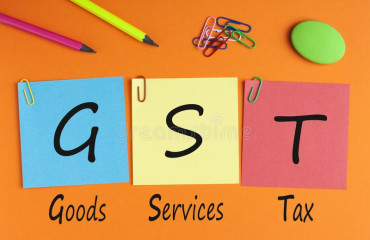
- 05 Oct 2023 05:27 PM
E-way bills moderate in Sep but remain among highest
Generation of electronic permits for shipping goods within and across states in September moderated in tandem with softening factory orders but still remained one of the highest on record.
Read More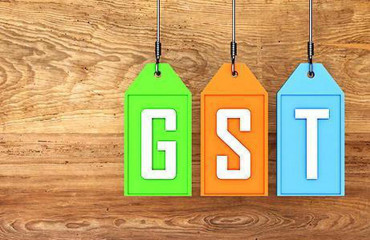
- 05 Oct 2023 05:31 PM
GST Council meeting on October 7: Agenda, other details here
The GST Council in its 51st meeting recommended certain amendments to the CGST Act 2017 and IGST Act 2017
Read More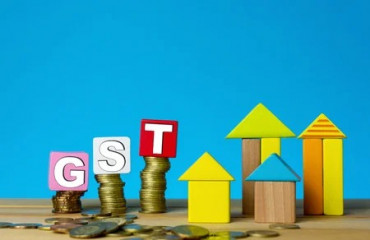
- 05 Oct 2023 05:35 PM
WinZO earmarks $25 million investment in Brazil for expansion
Mumbai: WinZO Games, the Indian vernacular social gaming platform with over 150 million users, is set to launch its platform in Brazil and has earmarked an investment of $25 million in the Latin American country.
Read More
- 05 Oct 2023 05:41 PM
GST Input Tax Credit Claim: Problems Due to Wrong Interpretation of Law
In recent years, the Goods and Services Tax (GST) system in India has been a topic of discussion and debate, particularly regarding the disallowance of Input Tax Claims under section 16(4) of the GST Act. This article sheds light on the problems faced by GST taxpayers as a result of a possibly incorrect interpretation of this provision. It explores the definition of terms like “Taking” and “Claiming” and delves into the challenges taxpayers encounter when filing returns and attempting to claim Input Tax Credit (ITC). Furthermore, it highlights the need for an amnesty scheme to address these issues.
Read More
- 05 Oct 2023 05:37 PM
GST muddle on corporate guarantees betrays desperation for tax revenue
This Saturday’s meeting of the GST Council is likely to provide clarity on how to levy GST on bank guarantees that companies give to related parties, reports Business Standard.
Read More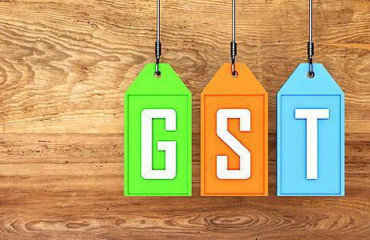
- 04 Oct 2023 06:16 PM
Advisory: e-Invoice JSON download functionality Live on GST e-Invoice Portal
The Goods and Services Tax Network (GSTN) has rolled out an exciting update for taxpayers. As of October 3, 2023, the e-Invoice JSON download functionality is live on the GST Portal. This enhancement aims to simplify the process of accessing and managing e-Invoices for GST taxpayers.
Read More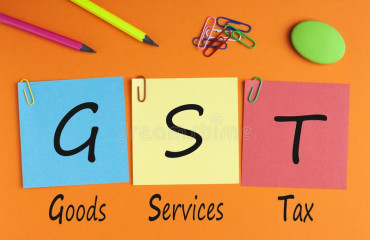
- 04 Oct 2023 06:12 PM
Bajaj Allianz faces ₹1,010 crore GST demand notice. Know details
Bajaja Allianz received a GST Demand notice for ₹1,010 crore from the Directorate of GST Intelligence for the non-payment of GST on co-insurance and re-insurance premiums.
Read More